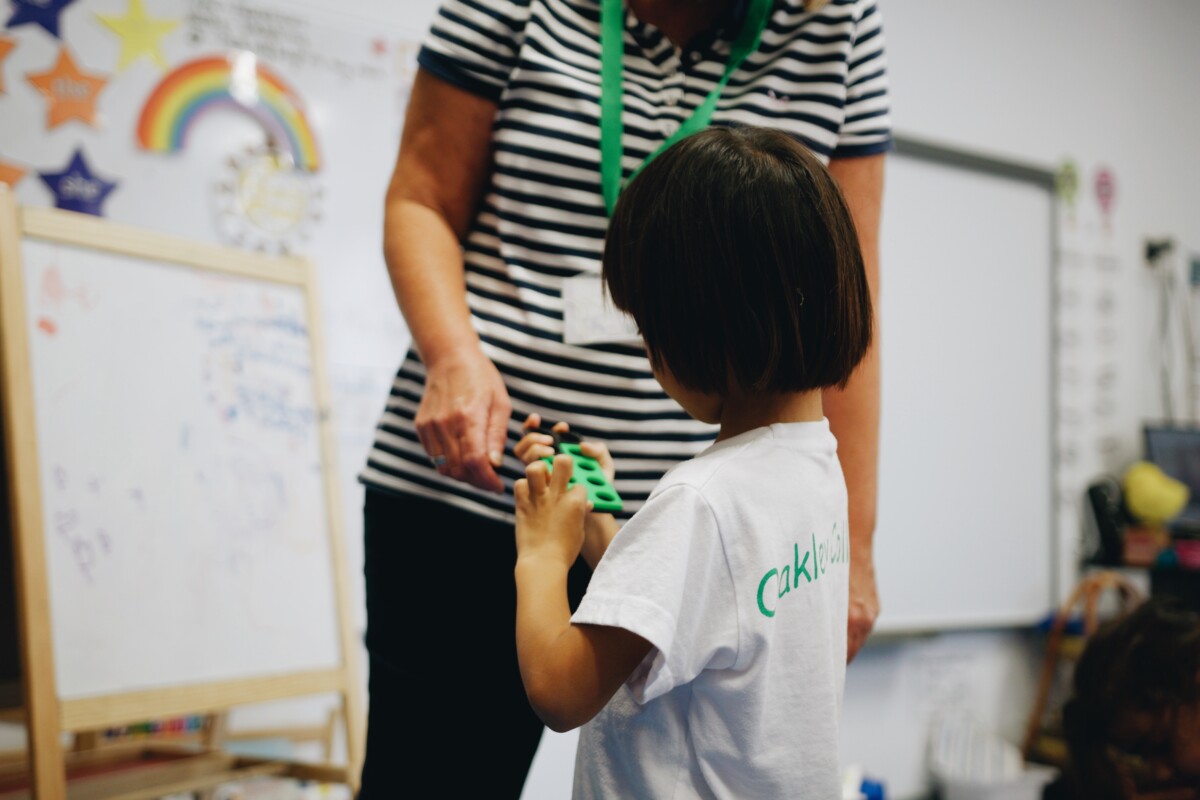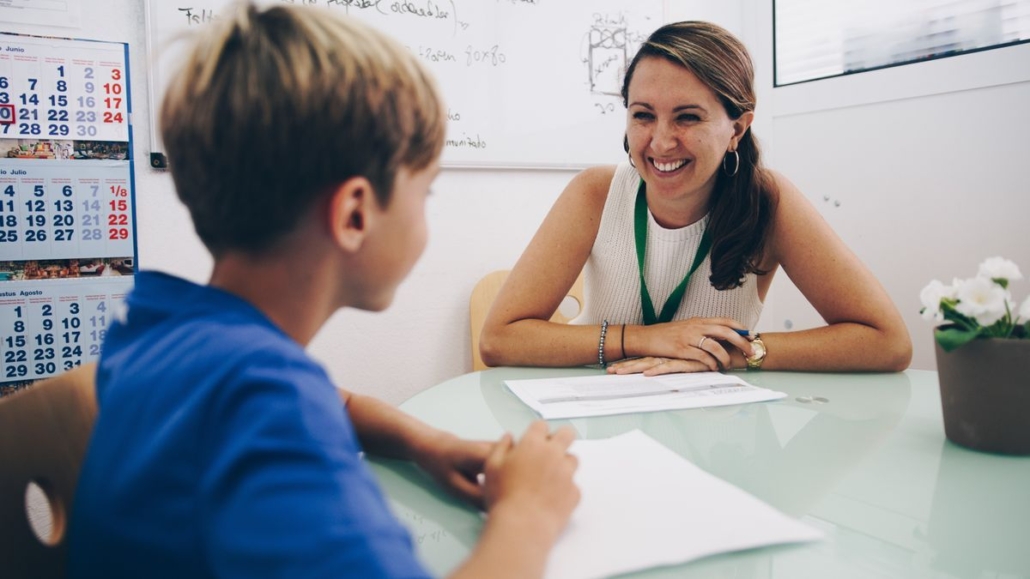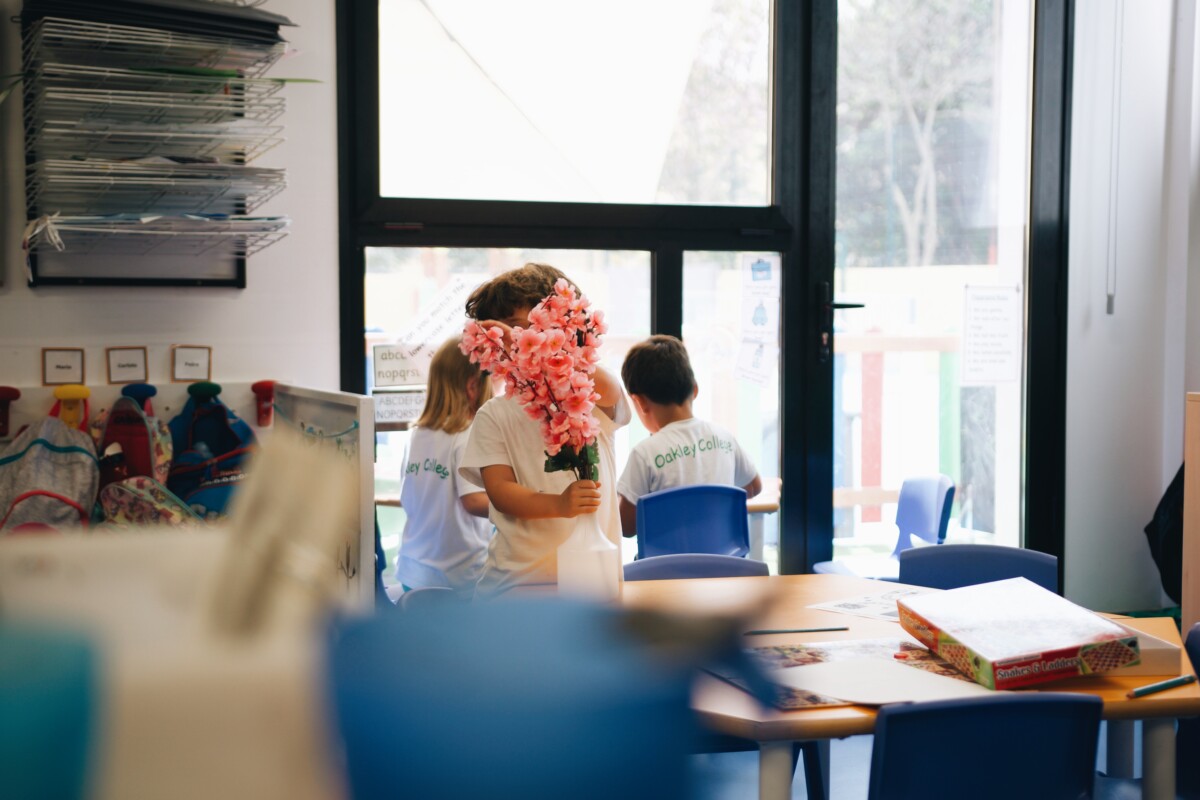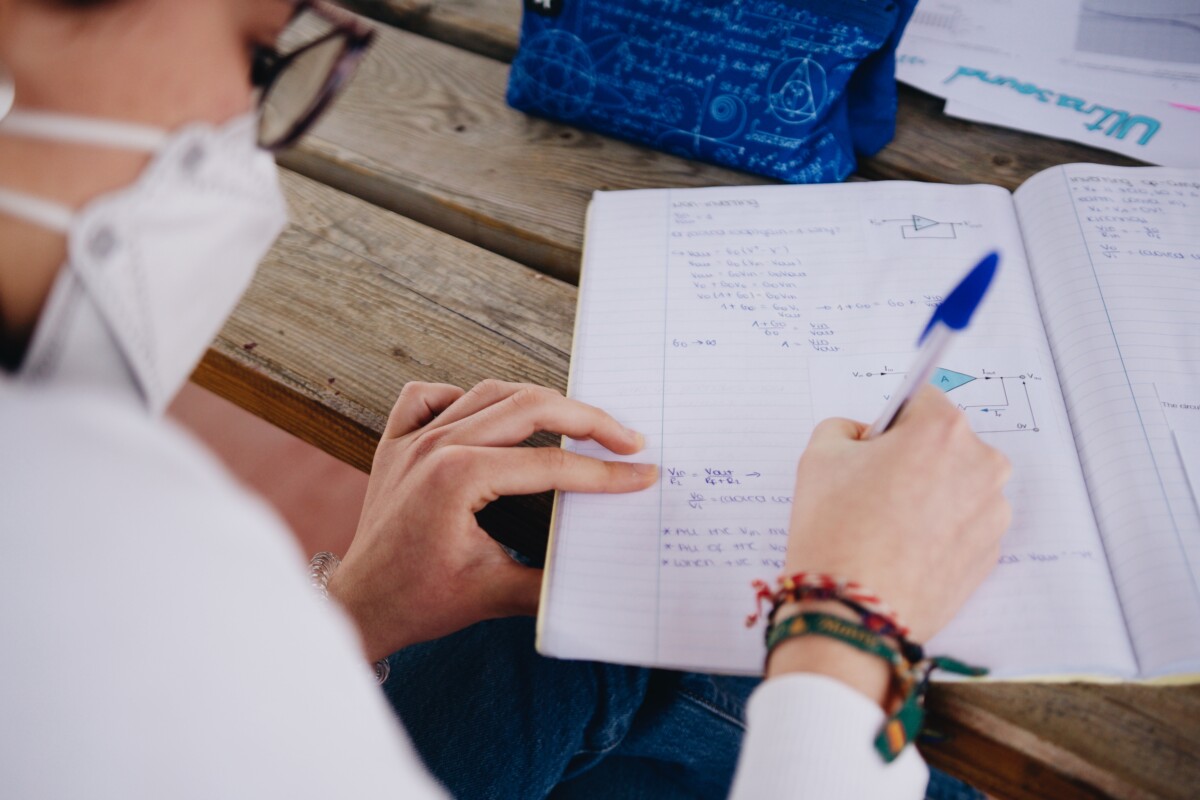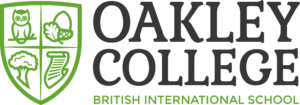Pastoral Care and Tutor Support
One of the strengths of Oakley College is the personal care and services provided. Each student is recognised as an individual with their own interests, needs and challenges.
Oakley College has a strong, well-structured pastoral care system within a community which feels much like a family. Students receive support and nurturing through personal relationships with all staff and with other students from their own class and across the school.
In Secondary, students are assigned a tutor for their class.
Each tutor is responsible for the individual pastoral care of the students within his or her form. The tutor and tutor group meet daily at registration and this allows the tutor to monitor and support the progress of the students in the tutor group. The tutor also meets with the students for two lessons per week to deliver the PSHE programme and to help students with organisation, planning or other issues. Each Key Stage is managed by a Pastoral Leader who supports the tutors in providing all the help and support needed by the students.
The school has strong relationships with the parents, who are invited to regular workshops and information evenings, and are welcome to contact the school whenever they have concerns.
Special Educational Needs and Mental Health Support
Learning is an adventure but also a challenge! All students have their own unique way of learning and all have individual strengths. We know that all children benefit and learn from each other and an inclusive school can support children to learn to live in a diverse environment.
Some students have specific needs that must be identified, so that the student can receive specific support and develop their learning. This is done through our special needs program.
This includes identifying our children´s special needs early on and responding quickly to warning signs in the child’s development by using psycho-pedagogical testing that initiates the investigation process and offers specific educational responses to the different needs presented.
To meet the special educational needs of our children, we use a variety of strategies such as curricular adaptations, special educational interventions or the recommendation of external professionals to support the child. If a possible specific learning or developmental disability is suspected, a referral report can be made by the school to help in the process of confirming a diagnosis at an outside facility.
Students with specific learning difficulties, in addition to methodological and curricular adaptations, sometimes also benefit from more individualized challenges. When this is necessary, we create an“Educational Health Care Plan” where we meet at the beginning of the school year with the parents, the child, teacher and SENCO to jointly create individual targets for the student (these targets can be academic, social, or emotional). These targets are then reviewed at the end of the year together.
In special cases, support groups are offered for social and emotional skills, and stimulation of executive functions, such as attention and organization. In secondary this is taught mainly through workshops or during tutor time. In Primary, this is taught in small groups or as individual intervention in special cases.
All our students with a recognized diagnosis of Special Educational Needs are entitled to obtain Special Accommodations for their final and official internal exams, in the form of for example additional time, text reading software, etc.
Socio-emotional or mental health difficulties of our students are also supported through specialized meetings with our families and referrals to different external therapeutic support entities, in school monitoring and support within the school.
Our experience has shown us that all students have the potential to succeed and that even those who find learning difficult have strengths on which they can build and work towards a promising future.
More Able Project
The More Able project at Oakley begins with protocols for the early identification of these students. Once identified, the individual strategies to support the student within the classroom are identified, always taking into consideration the child’s individual socio-emotional development.
The British educational system offers differentiated learning, which means that there are always extension activities or challenges in the planning of all the classes of the curriculum to stimulate the different levels in the classroom.
Mediation and Anti-bullying programme
Mediation Program
The mediation program has been running for over several years in the clases of Y4-Y6 and involves teaching the children basic conflict resolution skills through an assembly, PSHE curriculum and small group training for the class mediators.
Children are supported to learn the steps to resolve a conflict and about the difference between a conflict and a more serious issue that will need to be dealt with by a teacher.
Mediation is recognised as a successful tool to prevent bullying, support positive
class relationships and life skills for our children.
School Bullying Prevention Protocol
Bullying is a phenomenon that occurs with greater or lesser intensity throughout all school communities and has always existed, but now we are more aware and sensitive to this about how it can affect our children now and in the future. That is why we work on preventing and intervening directly if there is any situation of harassment.
To prevent this the children learn about this phenomenon in the PSHE (physical social health education) curriculum. We also celebrate events such as the annual anti-bullying day.
If a bullying situation is identified in school, the victim, aggressor and observer group are supported with individualized interventions to restore and recover from the situation.
Learning Support Groups
The British education system also offers differentiated learning in class (content tailored to different ability levels), allowing all children to be working at a more individualized and challenging pace in class.
Interventions or small support groups are also used in class and outside of class during the school day to reinforce or stimulate class content in smaller groups. This support is given in the subjects of English, Spanish and mathematics with the learning support assistants. In primary school this is done during class time and in secondary, support is given through support clubs with teachers at lunchtime.


